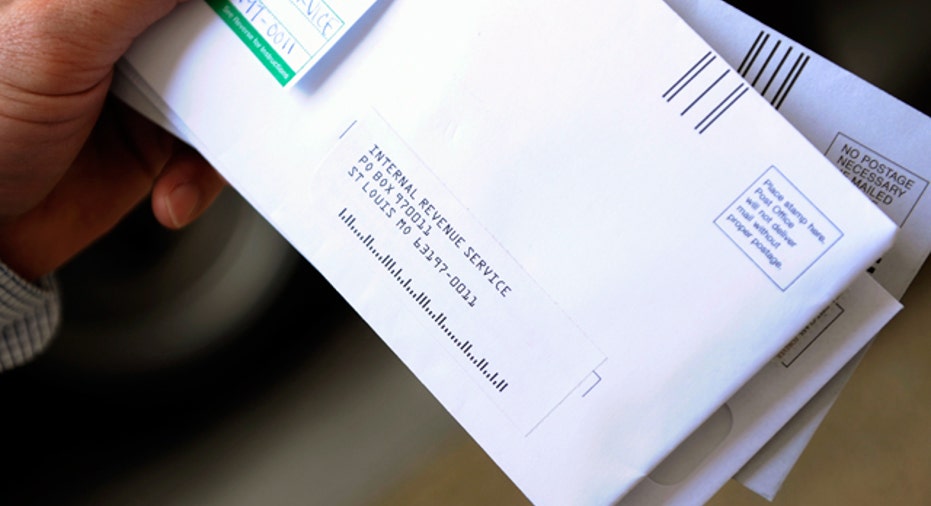Fighting an Audit: 7 Ways to Ensure the IRS Does Not Reclassify Your Business as a Hobby

If you are a sole proprietor filing a Schedule C in a field that is considered “fun,” such as photography, quilt making, horse breeding, travel writer, artist – you get the idea – and you have losses five years in a row, (seven years for horse breeding and horse racing), the IRS may audit you and reclassify your business as a hobby.
If your business is reclassified as a hobby, you will be allowed to take deductions only to the extent of income. All the losses written off against your other income will be gone, not just for the current year but for all open years as well. The IRS can go back three years in an audit, meaning you will likely end up with a hefty tax bill as well as the inability to write off losses from your “hobby” in the current and future tax years.
A lot of folks assume having their business reclassified is automatic after five consecutive years of losses. Good news: it’s not automatic. The IRS will question profit motive and attempt reclassification in order to disallow the losses. However, if you can prove that you have a profit motive, and you are treating the occupation as a business and acting in a business-like manner, then you will likely win the fight against reclassification. Here’s how to do that:
1) Keep a set of books, preferably on accounting software or on a spreadsheet. Generate “profit and loss statements” and “comparative profit and loss statements” to measure the growth of your business against prior years. Chart future projections, and write a plan on turning the business into a profitable enterprise. Keep all notes and financial statements to present during an audit.
2) Be in compliance with local, state, and federal requirements by obtaining all required licenses, insurance and permits. Maintain a file of all certificates and licensing information to present during an audit.
3) Keep a mileage log or at least an appointment book to substantiate your automobile deduction. Follow the rules for deducting flagged expenses like travel, meals and entertainment.
4) Improve your skills by attending classes, trade shows, and conventions. Keep all registration forms and fliers to prove your attendance and the nature of the event.
5) Open a separate business bank account. Deposit all sales revenue into this account and pay all business expenses from this account. If you don’t have enough sales revenues to cover the expenses, don’t start paying business bills from another account. Instead, transfer funds from your personal accounts to cover the bills. Be sure to note that it’s a capital contribution and indicate the source. During an audit, the IRS will assume all deposits to your business account represent sales. It’s up to you to prove the funds are capital contributions, which is not taxable income. In fact, it is usually easiest to carry your business account at the same bank as your personal account and make online or telephone transfers. When the IRS sees “transfer” on the bank statement, they know the amount is not undisclosed sales revenue.
6) Advertise and keep copies of every advertisement you place; this will give go a long way toward proving that you are serious about the business.
7) Network and expanding your contacts by going to events to exchange ideas. You can do this by joining you local Chamber of Commerce and other professional organizations.
It’s important to think about why the IRS should consider your enterprise as a business and be ready to fight and explain your position. Perhaps you are nearing retirement and are looking to turn a part time venture into a full-fledged business. Or you may be looking for a career change, and are easing your way into it. Be ready to explain to the auditor why you aren’t showing a profit. Your business may be the type that’s hard to get off the ground, or one that requires a substantial infusion of capital to start generating funds. The current recession is a good reason many businesses are not moving forward. And there is nothing wrong with admitting that you are having trouble getting the hang of being a “good businessperson.” Entrepreneurial skills are acquired--some folks take longer than others to achieve profitability.
When it comes to the audit, stand your ground. If you find yourself on the losing end of the argument, stop the audit. Tell the auditor that you need to discuss this with a tax professional before you continue. The auditor must honor your request and give you adequate time before resuming the audit.
The IRS cannot stop you from attempting to start and run a business. But they can disallow the losses you experience if it’s obvious that you are not treating it as one.
Bonnie Lee is an Enrolled Agent admitted to practice and representing taxpayers in all fifty states at all levels within the Internal Revenue Service. She is the owner of Taxpertise in Sonoma, CA and the author of Entrepreneur Press book, “Taxpertise, The Complete Book of Dirty Little Secrets and Hidden Deductions for Small Business that the IRS Doesn't Want You to Know,” available at all major booksellers. Follow Bonnie Lee on Twitter at BLTaxpertise and at Facebook.



















